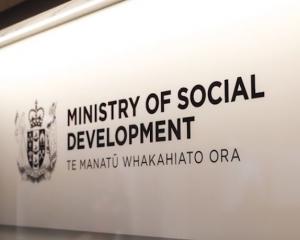Concern overseas about the high use of antipsychotic medicines in the elderly has prompted government drug buying agency Pharmac and the College of Psychiatrists to release new usage guidelines here.
Concern has been expressed in the United States and Britain that high usage of antipsychotics in the elderly carries potential health risks including possible increased risk of stroke and higher death rates.
While it was unclear whether there was significant over-prescribing of antipsychotics in New Zealand, Pharmac's prescribing data showed there was comparatively high use of antipsychotics among older people.
In 2006/07 about 20 percent of older-generation antipsychotics, 24 percent of risperidone and 17 percent of quetiapine prescriptions were for people aged between 80 and 90.
About 35,000 prescriptions were recorded for people aged 80-90.
"When this data is coupled with growing international concern about the use of antipsychotics in the elderly, we think it's the right time to develop guidance on how best to use these medicines," Pharmac's medical director Peter Moodie said.
"This isn't about telling doctors how to do their jobs, it's about ensuring these medicines are used well and risks to patients are minimised."
Dr Moodie said the guidance encouraged evidence-based treatment of elderly people in residential care with psychological and behavioural symptoms of mental disorders.
Dementia was the most common psychiatric disorder in that sector of people.
Royal College of Psychiatrists New Zealand spokesman Matthew Croucher said the college had fully supported the Pharmac initiative.
"Although there is little evidence of systematic harms being caused in New Zealand, there is plenty of room for improved prescribing and review of antipsychotic medicines and for improved overall management of challenging mental health problems in residential care," Dr Croucher said.











